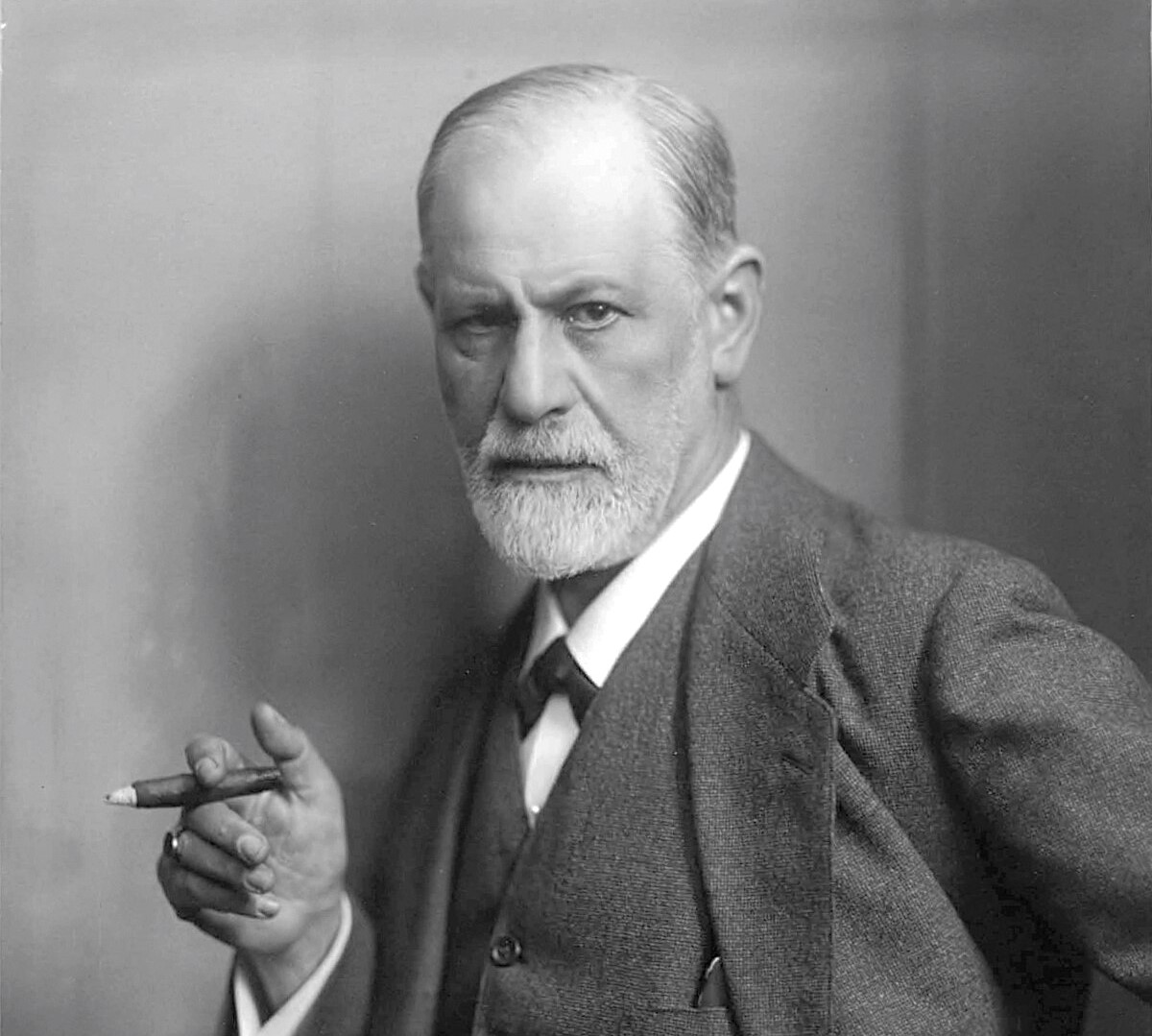
I noted with interest this post on LinkedIn by Scott Simmons, a business-development coach.
Scott kicks the post off by saying, “We need to talk about perfect. The legal profession has a problem with perfectionism.” But Scott’s post isn’t actually about perfectionism. Instead, it’s about lawyers being bad at “dealing with mistakes or setbacks.” You don’t have to be a perfectionist to make mistakes or suffer setbacks and be bad at handling them.
More generally, perfectionism isn’t a problem, isn’t a pathology (in other words, a deviation giving rise to social ills). Instead, it’s one approach to getting stuff done. In the right context, being a perfectionist can work out fine. (For example, see this recent Eater article about Anthony Mangieri, pizza perfectionist.)
Furthermore, I can’t speak for other practice areas, but I suggest that transactional work isn’t conducive to perfectionism. It’s driven by expediency. The aim is to get the deal done—it doesn’t have to be pretty.
More specifically, you’d look in vain for perfectionism in mainstream contract drafting. Quite the opposite—most of it is a mess, bolstered by addled conventional wisdom.
Although perfectionism has no role to play, I suggest that the systemic copy-and-paste dysfunction of contract drafting has spawned two actual pathologies.
One is “learned helplessness,” which I wrote about in this 2013 blog post. Not only has the legal profession failed to fix contract-drafting dysfunction, we’re perennially prone to looking for someone to save the legal profession from itself. Every so often a new potential saviour comes along (for example, knowledge management, blockchain, and now GenAI), only to fall short, inevitably.
Another is “cognitive dissonance,” which I wrote about in this 2013 blog post. I’ve found that when you challenge contract-drafting traditionalists, many of them will staunchly defend the nonsense: if you’ve invested enough in being wrongheaded, admitting that to yourself can be too much to bear.
Back to perfectionism. As an explanation for problems that afflict the legal profession, it’s a humblebrag, in that it lets lawyers pat themselves on the back and say, Yes, my problem is I’m too darn intent on being perfect! In fact, when it comes to contract drafting, instead many of us are helpless or delusional. 🙂
(In case it isn’t obvious, I’m just using Scott’s post as an excuse to muse about perfectionism in ways that mostly have no bearing on Scott’s post.)

Okay, musings:
1/ If perfectionism is ‘a propensity for being displeased with anything that is not perfect or does not meet extremely high standards’, it seems no more out of place in contract drafting than anywhere else.
2/ That said, ‘never let the perfect be the enemy of the good’. If the draft ‘does the job’ and is needed yesterday, out it goes. Query how the draft, if it ‘does the job’, is substantively, if not aesthetically, imperfect.
3/ What is ‘perfection’ in contract drafting? A stab: securing the parties’ reasonable expectations concerning their deal so clearly that litigation over meaning is avoided.
4/ Sometimes ‘perfection’ and ‘doing the job’ amount to the same thing. If a tightrope walker’s job is to go directly from platform A to platform B, the job allows little room for imperfection. Surely there are drafting analogies involving high-stakes risk allocations (contracts of insurance?).